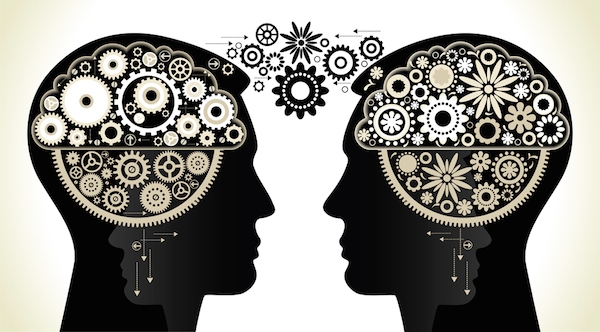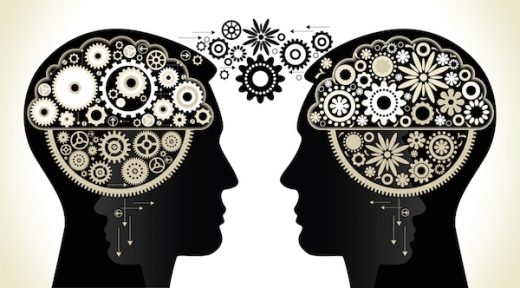Apple, Amazon, Google, Facebook Create Emotional Connections, Sense Of Belonging
Apple, Amazon, Google, Facebook Create Emotional Connections, Sense Of Belonging
by Laurie Sullivan @lauriesullivan, November 9, 2017
Emotional connections between the brand and consumer have become more difficult to create and maintain as distrust and other issues erode relationships. But brands including Apple, Amazon, PBS, Disney, USAA and Chevy, among 19 others, have a knack for creating a sense of belonging in a consumer’s life.

Findings released Thursday by IBM iX, based on research from Ipsos, aim to help marketers understand what drives human behavior, the need to belong, and what is required to design more relevant and impactful consumer experiences.
“The best brands recognize the duality of human nature and create experiences that satisfy both the individual and collective needs of people,” said Kelly Mooney, architect of the study and chief experience officer at IBM iX North America. “We break it down further to six Belonging Experience Drivers, but the simple truth is that in today’s hyper-personalized world, many brands may be missing 40% of the opportunity.”
Some 10% of 18- to 24-year-olds say they have never felt an emotional connection with a brand or business, according to the study, citing “Customers Connecting with Companies,” Customer Thermometer, May 8, 2017.
IBM iX’s study identifies six drivers that create belonging: trustworthy excitement, compelling relationships, empathic innovation, everyday enrichment, empowered community, and activated purpose.
The study found that creating a sense of belonging has a significant business impact on revenue and return on investments. When a consumer feels that a brand belongs in their life, it gives the company the ability to grow revenue at three times the rate of brands that perform less well in a six-year period.
These brands also managed to gain market share of up to 10% more in three years. Increased annual sales 12%, compared with-lower-performing brands; create an 8% higher rate in purchase funnel conversions, and are 9% more likely to be recommended to others, compared with than lower-performing brands.
The study evaluated 172 brands in the United States from automotive, home entertainment, and hotels to insurance, retail-apparel, snacks, and additional iconic brands.
Automotive brands are the most heavily featured in the Top 25 with Chevrolet, Ford, Tesla, Honda, Harley-Davidson, Subaru, Toyota, and Jeep. Marriott is the only hotel, but Airbnb also made the list. Sabra is the only brand within the Top 25 from the Snacks category. Amazon took two places — No. 2 and No. 6. Technology brands like Google, Netflix, Facebook and Airbnb also claimed top spots.
Consumers are on brand overload. The study cites several data points suggesting that the average consumer is exposed to 10,000 brand messages daily; attention spans have dropped to 8 seconds, from 12 seconds in the past 15 years; and consumers switch between screens up to 21 times per hour.
While the sense of belonging remains universal, worldwide, cultural nuances cannot be ignored when creating experiences. Advertisers need to adjust to cultural differences.
MediaPost.com: Search Marketing Daily
(56)













